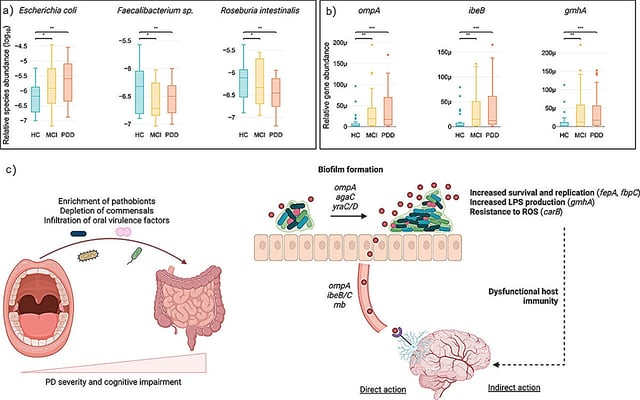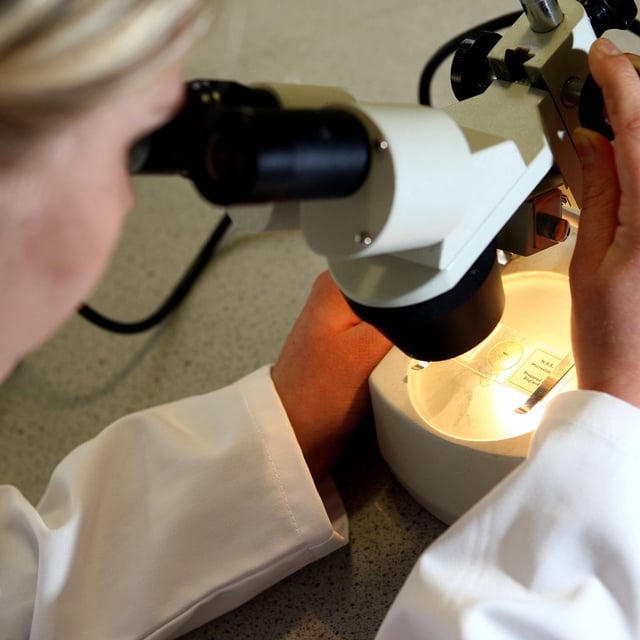Overview
- A study of 228 saliva and stool samples from Parkinson’s patients and healthy individuals found harmful oral and gut bacteria increase with cognitive impairment.
- Researchers led by King’s College London employed artificial intelligence to pinpoint toxins released by these bacteria that correlate with memory and learning decline.
- The team proposes that virulence factors from oral bacteria may translocate to the gut, triggering inflammation and potentially damaging the brain.
- Identified bacterial markers could be developed into early diagnostic tools to flag patients at elevated risk of dementia.
- Scientists suggest that maintaining oral hygiene, a balanced diet, and targeted probiotic interventions may help slow neurodegenerative processes in Parkinson’s disease.


